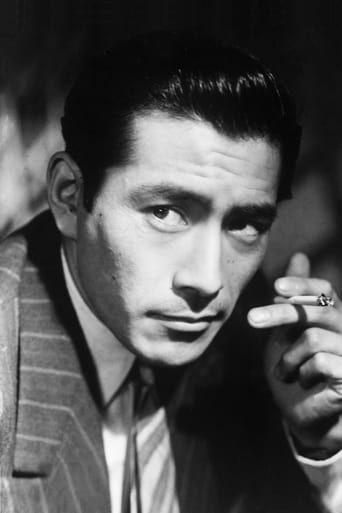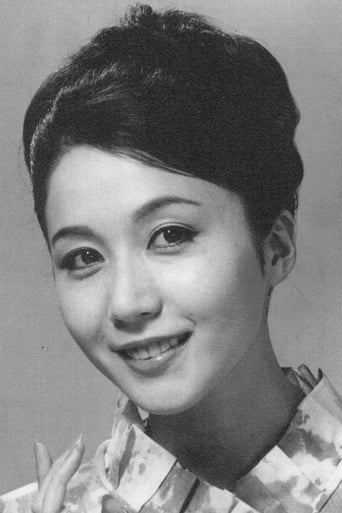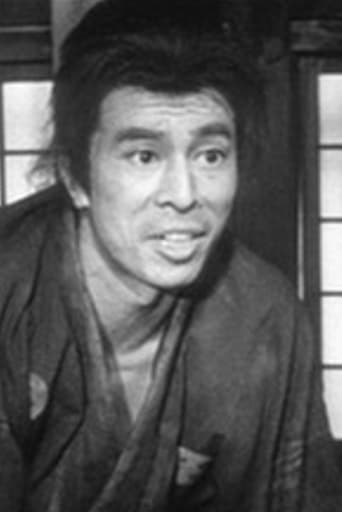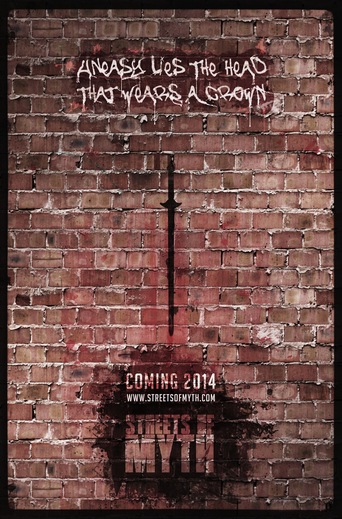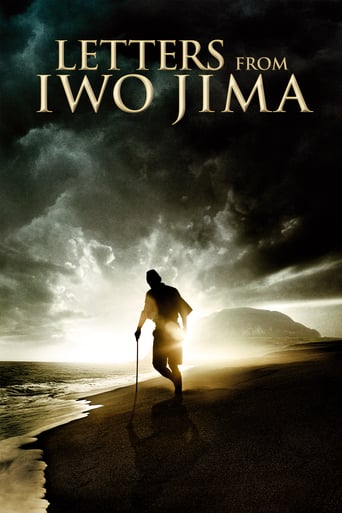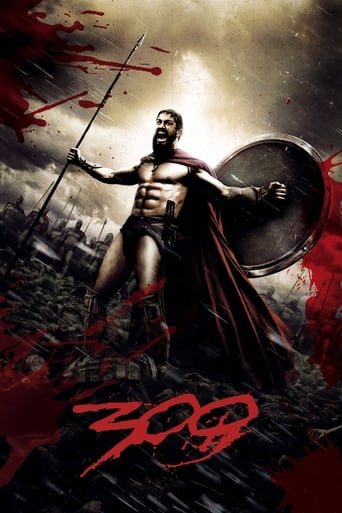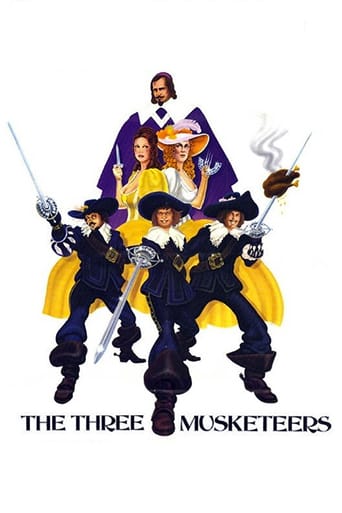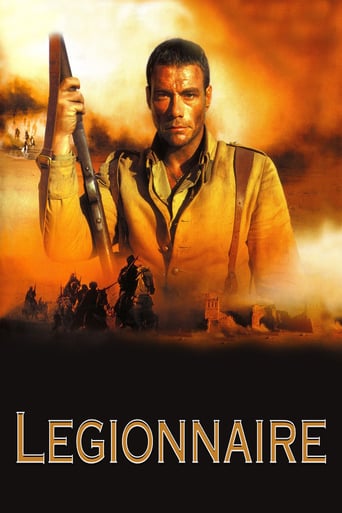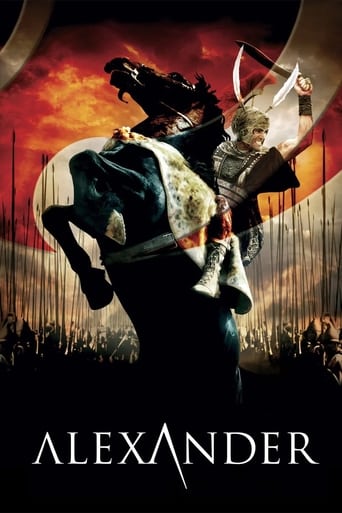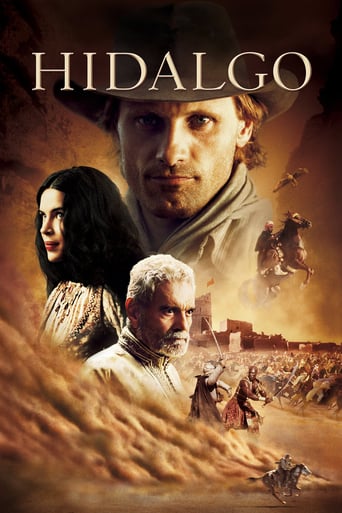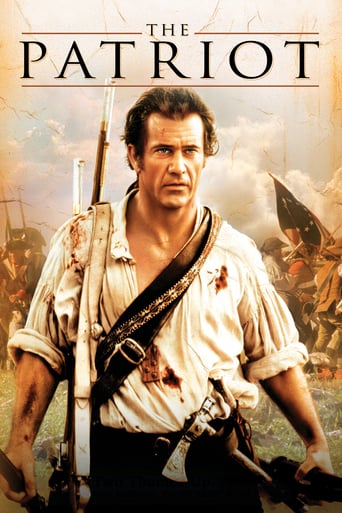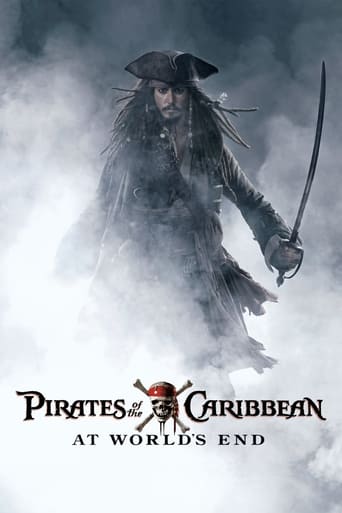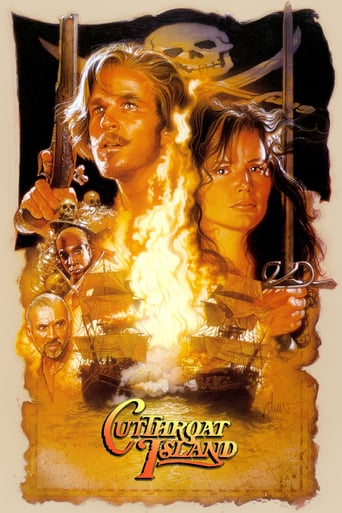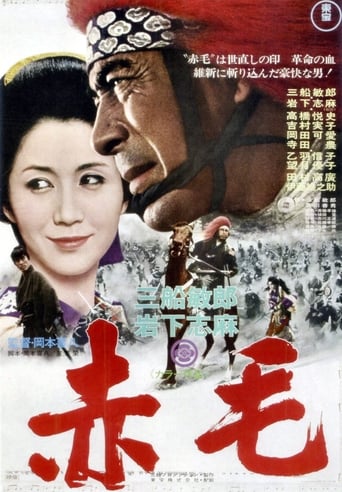
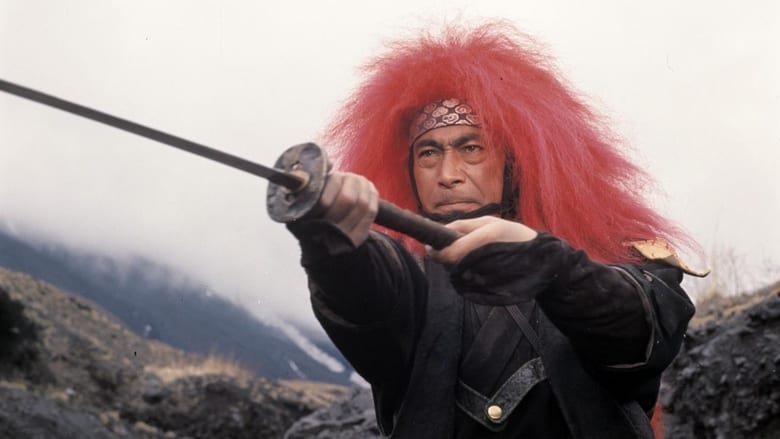
Red Lion (1969)
Impersonating an Imperial Army officer by wearing a "red lion's mane", a poor servant returns to his village after 10 years of absence to end the village's suffering caused by corrupt officials.
Watch Trailer
Cast


Similar titles
Reviews
I love this movie so much
Better Late Then Never
Exactly the movie you think it is, but not the movie you want it to be.
It is a whirlwind of delight --- attractive actors, stunning couture, spectacular sets and outrageous parties. It's a feast for the eyes. But what really makes this dramedy work is the acting.
The parallels that run from the jidai-geki and chambara to the spaghetti western and vice versa have been well documented. If Leone's Almeria sagas are Italy's answer to Yojimbo, then Red Lion (Akage) is Japan's answer to the slew of politically orientated spaghetti westerns (usually with the Mexican revolution as the backdrop) that cropped up in Italy around the same time.Toshiro Mifune is Gonzo, a peasant-turned-soldier under the command of the Imperial guard. Being a little familiar with 19th century Japanese history will be make things easier but the movie can still be enjoyed and understood without history lessons. We're witnessing the events that eventually led up to the Meiji Restoration that ended the Shogunate's 400 year reign of Japan and restored the Emperor. Gonzo is with the Imperialists and dreams of a "world changing". He receives the red lion mane by his squad captain and is dispatched to the village he was born in, to convert his compatriots to the Imperialist cause by promising all sorts of social privileges to the lower classes. The village's old higher class (the deputy, a rich merchant) all vehemently oppose Gonzo's promised change and cling as hard as they can to their positions of power. In the meantime, a squad of assassins dispatched in the area by the Shogunate with the purpose of killing an Imperialist general gets involved. Add to that a hired-gun ronin who is paid to kill Gonzo on behalf of the deputy and more twists and turns than you can shake a stick at, and you've got a thoroughly entertaining and interesting movie.Toshiro Mifune starts off as a comedic character only to progress and become a tragic figure and a hero. If Red Lion wasn't so unknown, Gonzo, with his red lion mane, would definitely rank among the genre's icons, next to Sanjuro and Ryunosuke Tsukue. Both his comedic timing (chewing the scenery in ways that might bring Kikuchiyo to mind) and his capacity for drama are amazing. Watching him run the entire gamut of emotions throughout the movie, one feels privileged to see such a great actor at work. Truly one of the best of all time.Kihachi Okamoto is on the director's chair. Not only a distinguished name in the chambara field, but also one of the most skillfull hands to direct action in 60's Japanese cinema. Although Red Lion is not an out and out bloodbath, there are plenty of swordfights to quench your thirst and they're all staged and executed with the flair of a master. Great photography, sets and costumes, all contribute to a very good-looking movie.There's a political and social vein running through Red Lion but it isn't until the final 15 minutes that it becomes a fully fledged political allegory. Like Hanzo, the ronin hired to kill Gonzo, says "the only thing that will change is the flower on the official crest". It soons becomes apparent to the peasants that, Emperor or Shogun, their situation is not going to be much different. This is a power struggle among the big boys and they don't have much care or time for the little guy, apart from trying to recruit him to their cause with all sorts of fake promises. Sounds familiar? Yet Gonzo, if only for three days, manages to change the world. At least for the villagers. For three days it's a peasant's world. Okamoto loves irony and Red Lion is no exception. The red-lion mane that Gonzo wears is the symbol of "the world changing" for him and the people. Not just an emblem of authority, but also of hope. In the end, a betrayed Gonzo realizes it means nothing and throws it on the ground disgusted. The people dance and stomp on it as they push the Imperialist guards out of their village. Simple yet evocative.It's also interesting to point out that the whole revolution of the populi in the end appears to be a marxist concept. But that would be too simple for Okamoto. Echoing Marx's words ("religion is the opium of the masses"), after Gonzo is gunned down by the Imperialist guards, the villagers declare him as "their true god". The irony is so sweet and poignant that it can't be mistaken as unintentional. Perhaps it's Okamoto's way of saying that despite man's attempts to revolt, he always finds himself on the leash of another master, that we only change our cage for a new one. Perhaps not. Perhaps I'm reading too much into it.In the end, as the villagers push the Imperialist guards out of their village, it seems that there's nothing left than this big, loud, colourful carnival. That's life. And Gonzo is the fool, the jester, the tragic figure, the hero who for three days changed the world. Beautiful stuff.All that aside, Red Lion is a funny, dramatic, well staged chambara with enough action and great acting by Mifune. Not to be missed by genre enthusiasts.
I can't believe that I've never seen this before, because it ranks with the finest in Japanese cinema. The ensemble cast of crazy, frequently snaggle-toothed actors is superb. These people steal scenes from Mifune Toshiro! That takes talent. Mifune is stellar as always, but the sassy pie-faced hooker, the oily existentialist assassin and the smarmy anxious deputy are amazing as well. Although the film is mostly played for comedy, the ending is as moving as anything that cinema has to offer. A film about very particular people in a claustrophobic little village suddenly becomes an epic metaphor for sweeping political and economic change in Japan. Oh, and I'll be singing that song for a month.The DVD is also stellar. The subtitles are color coded by character to keep you from getting confused, and you have a choice between full titles and stripped down ones. The liner notes even include a bibliography! Plus the animeigo website has additional liner notes for the film. That's love.
In the 1860's Japan was facing great political change. The 300 year rule of the Shogunate was changing hands for the new Imperial Japan. A time of revolution and war. This is the setting of Red Lion, a film which equally balances drama, slapstick humor, romance, and a decent amount of bloody samurai action.Mifune Toshiro plays Gonzo, a former peasant and current member of the Imperial Restoration Force, who one day convinces his commanding officer to borrow his red lion wig so he can ride to his hometown village to prepare the residents for the coming of the new Imperialism. Once there he finds things are not as easy as they seemed. In order to collect land taxes owed to the Shounate, the deputy official has began taking wives and children as forms of payment. On top of that, there's an underground still fiercely devoted to the Shogunate rule. Gonzo becomes ensnared in the treachery between multiple groups as well as the Imperial army, who rule may be just as oppressive as the Shogun's.Mifune is great (as always) as the stuttering, clumsy Gonzo. His role in Red Lion serves as a great demonstration of his range as an actor. In past films, the majority of Mifune's roles were usually similar. He played the nameless way-ward drifter, serious and also a major bad-ass. While he's still as bad as ever, in Red Lion we get to see the more comedic range of his acting... which he pulls of perfectly. His part is the heart and soul of Red Lion. Although, the film does feature great ensemble acting. In particular, Etsushi Takahashi is great as the cryptically evil Hanzo (a role which traditionally would be more suited for Mifune) and Minori Terada is perfect as the innocent but jaded Sanji.One of the film's strong points is that it's not predictable. I was surprised by some of the twists in the plot. After watching so many samurai films the formula tends to get repetitive. Red Lion is not a film that follows suit; friends become enemies, enemies become friends, and allegiance's are questioned, all in ways that are a surprise to the viewer and which resolve in a way that is quite unexpected but pleasing.The comedic aspect of the film works quite well (in most cases) and I found myself continually smiling and occasionally laughing. Some viewers may not find Red Lion funny because the humor is distinctly Japanese. But those familiar with Japanese cinema-in particular Toshiro-will find Mifune's performance as Gonzo hysterical.Red Lion's score, direction, and cinematography are typical of the genre. Beautifully filmed landscapes, intricately detailed sets and costumes, and of course a loud stirring score. Okamot Kihachi's direction is spot on, and coexists perfectly with the performances. There really aren't any major faults with this film, and it's an all around good time.Although, Red Lion is one of Okamoto Kihachi's masterpieces it has it's share of small faults. Some of the humor seems a bit forced and a few of the dramatic scenes are a bit overdone, though most of it works very well. That being said the last thirty minutes of this film are incredible, and redeem any minor faults of the first hour and a half.Bottom Line- Mifune and Okamoto team up for an incredibly fun two hours. Red Lion a masterpiece of 60's Japanese cinema and is simultaneously funny, sad, unpredictable, and altogether a damn good time.
This superb movie was my first political science training experience in my youth. I rank it in my top 10 favorite movies. I first saw it (English subtitle was "Red Lion")in its first showing (it was 35 years ago in L.A. or was it S.F.?)as a guest of the local distributer. I'm still affected by it's message of political betrayal. As a fan of T. Mifune, I was already conditioned by his superman samurai image. I kept expecting and then praying that his main character would toss aside his weaknesses and become the champion of justice and vanquish all evil. But, gasp, he doesn't and he is cut down. I still feel the blades in my own body as he is penetrated and dies. There is a lot in this movie but it was this aspect that grabbed me. What a fantastic gift of life instruction from Japan, to be on guard against betrayals in life. I recommend this film to everyone.


